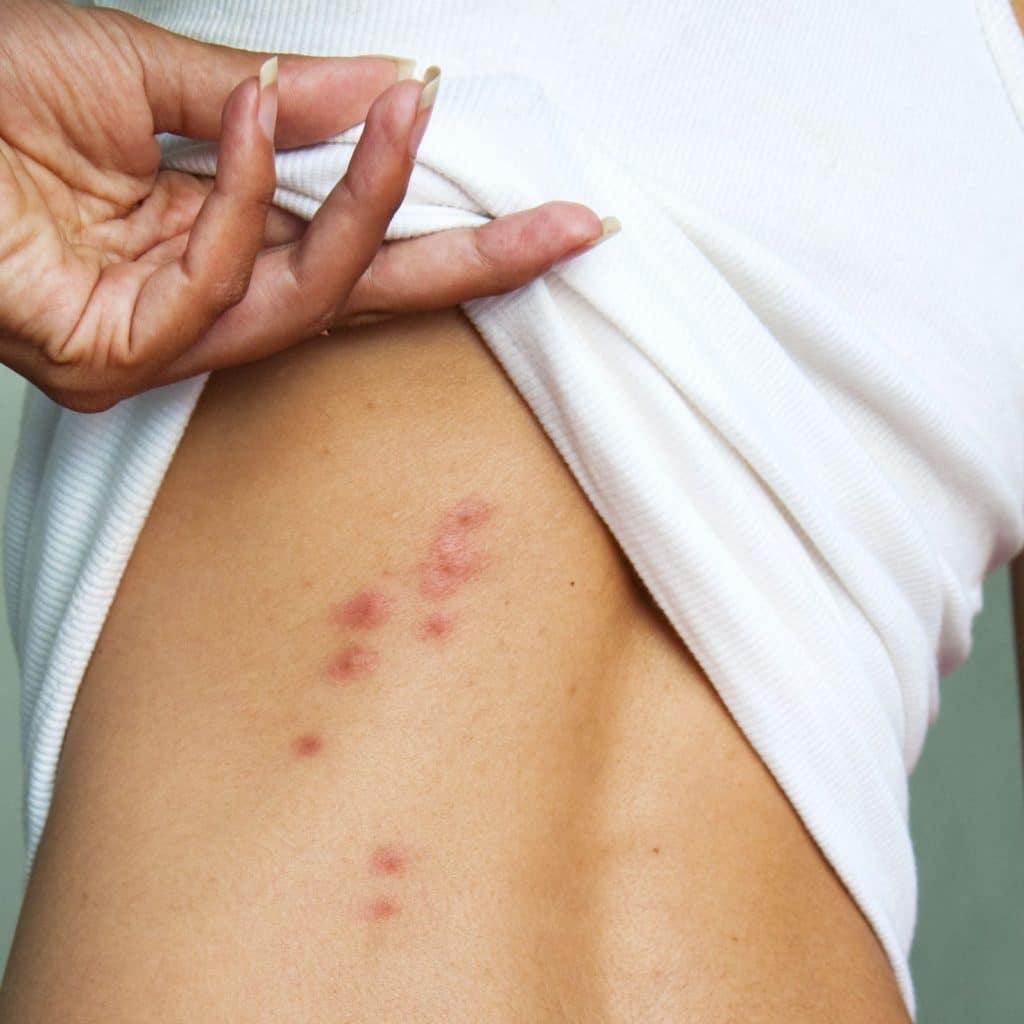It's time to protect yourself from insect bites

It's time to protect yourself from insect bites
It's time to protect yourself from insect bites
Mosquito bites sicken around 350 million people each year, and the number of disease-carrying insects is set to increase with climate change. But a recent study showed how using a blend of naturally occurring cellulose as its primary component could lead to an 80% reduction in mosquito feeding on human skin, according to New Atlas, citing the PNAS Nexus journal.
Cellulose is available cheaply and in abundance from waste from the woodworking industry, as well as from domestic food and paper waste. When treated with sulfuric acid, the cellulose aggregates into CNC nanocrystals, creating a strong, transparent barrier film.
spray or gel
Scientists have discovered that after mixing the nanocrystals with water and a small amount of glycerin, they can be sprayed as a mist or gel that is distributed on the surface of human skin, impeding the ability of mosquitoes to bite to draw blood.
Adult female mosquitoes need blood from humans or animals to produce eggs, so a significant reduction in the food source, especially in densely populated areas, can have a positive effect on controlling insect populations.
Multiple uses
The mixture of CNC nanocrystals, which act as an effective barrier, has been developed in a wide range of environmentally friendly applications, such as sound insulation, dye removal from textiles, making of strong binders such as superglue, and rigid composites such as bone.
Other studies showed that the CNC coating also prevented the passage of ammonium hydroxide vapor — a common attractant for mosquitoes — when it was applied to filter paper and exposed to the insects.
Resistance to 22 dangerous viruses
It is likely that wider use of the new mixture will help reduce the spread of mosquito species such as AE. Aegypti, carriers of more than 22 dangerous viruses, including dengue, chikungunya, Zika, Japanese encephalitis, Rift Valley fever, yellow fever, and West Nile viruses.






